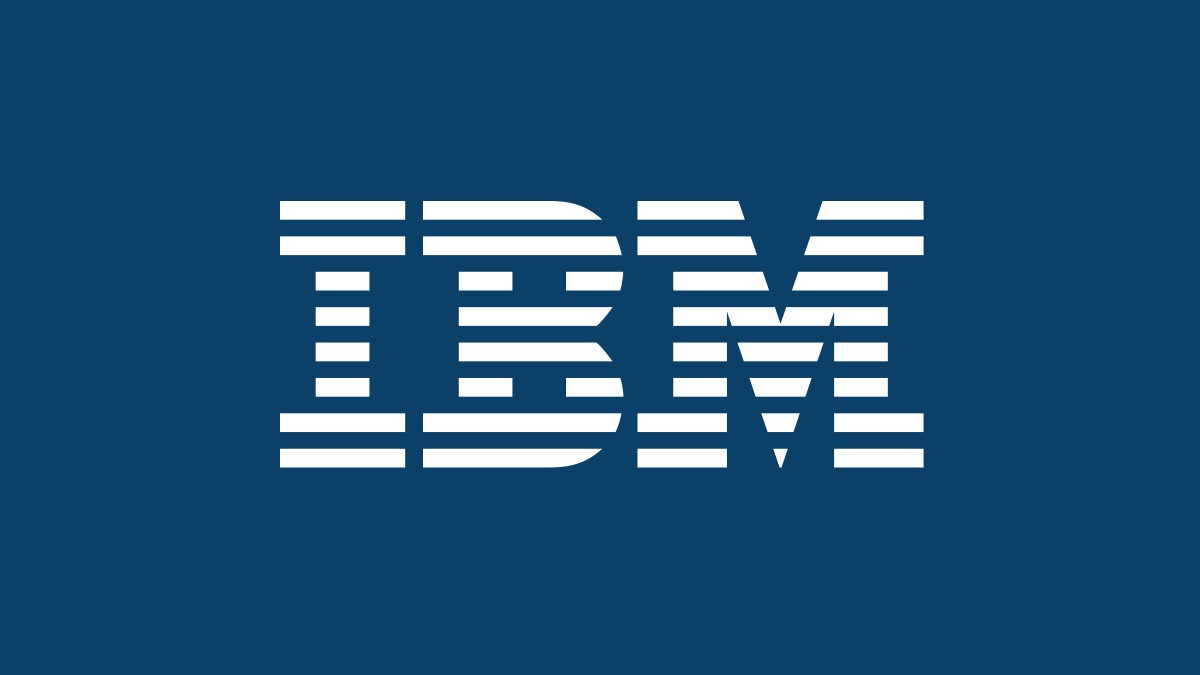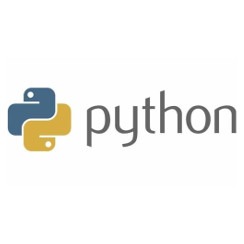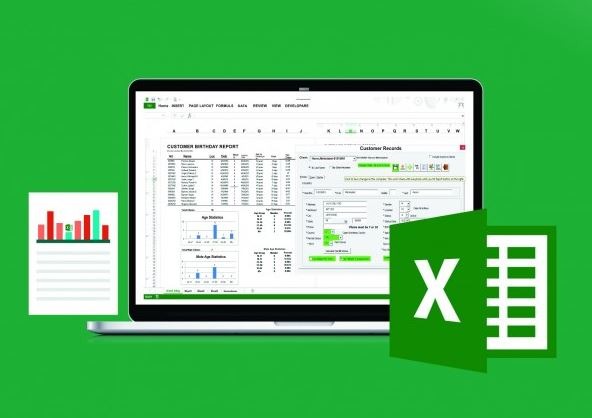Online course. Interested in increasing your knowledge of the Big Data landscape? This course is for those new to data science and interested in understanding why the Big Data Era has come to be.
It is for those who want to become conversant with the terminology and the core concepts behind big data problems, applications, and systems. It is for those who want to start thinking about how Big Data might be useful in their business or career. It provides an introduction to one of the most common frameworks, Hadoop, that has made big data analysis easier and more accessible — increasing the potential for data to transform our world!
At the end of this course, you will be able to:
* Describe the Big Data landscape including examples of real world big data problems including the three key sources of Big Data: people, organizations, and sensors.
* Explain the V’s of Big Data (volume, velocity, variety, veracity, valence, and value) and why each impacts data collection, monitoring, storage, analysis and reporting.
* Get value out of Big Data by using a 5-step process to structure your analysis.
* Identify what are and what are not big data problems and be able to recast big data problems as data science questions.
* Provide an explanation of the architectural components and programming models used for scalable big data analysis.
* Summarize the features and value of core Hadoop stack components including the YARN resource and job management system, the HDFS file system and the MapReduce programming model.
* Install and run a program using Hadoop!
This course is for those new to data science. No prior programming experience is needed, although the ability to install applications and utilize a virtual machine is necessary to complete the hands-on assignments.
Hardware Requirements:
(A) Quad Core Processor (VT-x or AMD-V support recommended), 64-bit; (B) 8 GB RAM; (C) 20 GB disk free. How to find your hardware information: (Windows): Open System by clicking the Start button, right-clicking Computer, and then clicking Properties; (Mac): Open Overview by clicking on the Apple menu and clicking “About This Mac.” Most computers with 8 GB RAM purchased in the last 3 years will meet the minimum requirements.You will need a high speed internet connection because you will be downloading files up to 4 Gb in size.
Software Requirements:
This course relies on several open-source software tools, including Apache Hadoop. All required software can be downloaded and installed free of charge. Software requirements include: Windows 7+, Mac OS X 10.10+, Ubuntu 14.04+ or CentOS 6+ VirtualBox 5+.
Skills You Will Gain
- Big Data
- Apache Hadoop
- Mapreduce
- Cloudera
Syllabus
Week 1:
Welcome
Welcome to the Big Data Specialization! We’re excited for you to get to know us and we’re looking forward to learning about you!
Big Data: Why and Where
Data — it’s been around (even digitally) for a while. What makes data “big” and where does this big data come from?
Week 2:
Characteristics of Big Data and Dimensions of Scalability
You may have heard of the “Big Vs”. We’ll give examples and descriptions of the commonly discussed 5. But, we want to propose a 6th V and we’ll ask you to practice writing Big Data questions targeting this V — value.
Data Science: Getting Value out of Big Data
We love science and we love computing, don’t get us wrong. But the reality is we care about Big Data because it can bring value to our companies, our lives, and the world. In this module we’ll introduce a 5 step process for approaching data science problems.
Week 3:
Foundations for Big Data Systems and Programming
Big Data requires new programming frameworks and systems. For this course, we don’t programming knowledge or experience — but we do want to give you a grounding in some of the key concepts.
Systems: Getting Started with Hadoop
Let’s look at some details of Hadoop and MapReduce. Then we’ll go “hands on” and actually perform a simple MapReduce task in the Cloudera VM. Pay attention – as we’ll guide you in “learning by doing” in diagramming a MapReduce task as a Peer Review.
About the Big Data Specialization
Drive better business decisions with an overview of how big data is organized, analyzed, and interpreted. Apply your insights to real-world problems and questions.
********* Do you need to understand big data and how it will impact your business? This Specialization is for you. You will gain an understanding of what insights big data can provide through hands-on experience with the tools and systems used by big data scientists and engineers. Previous programming experience is not required! You will be guided through the basics of using Hadoop with MapReduce, Spark, Pig and Hive. By following along with provided code, you will experience how one can perform predictive modeling and leverage graph analytics to model problems. This specialization will prepare you to ask the right questions about data, communicate effectively with data scientists, and do basic exploration of large, complex datasets. In the final Capstone Project, developed in partnership with data software company Splunk, you’ll apply the skills you learned to do basic analyses of big data.
Start Learning Today
Financial aid available
- This Course Plus the Full Specialization
- Shareable Certificates
- Self-Paced Learning Option
- Course Videos & Readings
- Practice Quizzes
- Graded Assignments with Peer Feedback
- Graded Quizzes with Feedback
- Graded Programming Assignments
See More Big Data courses







